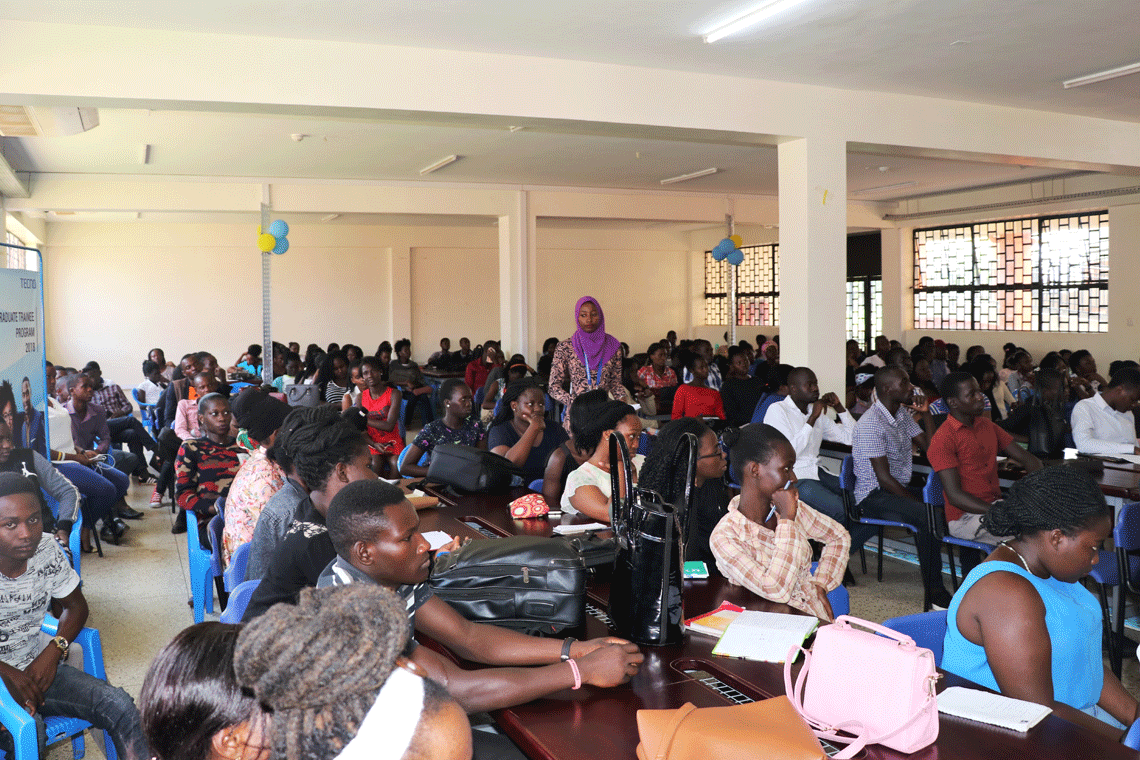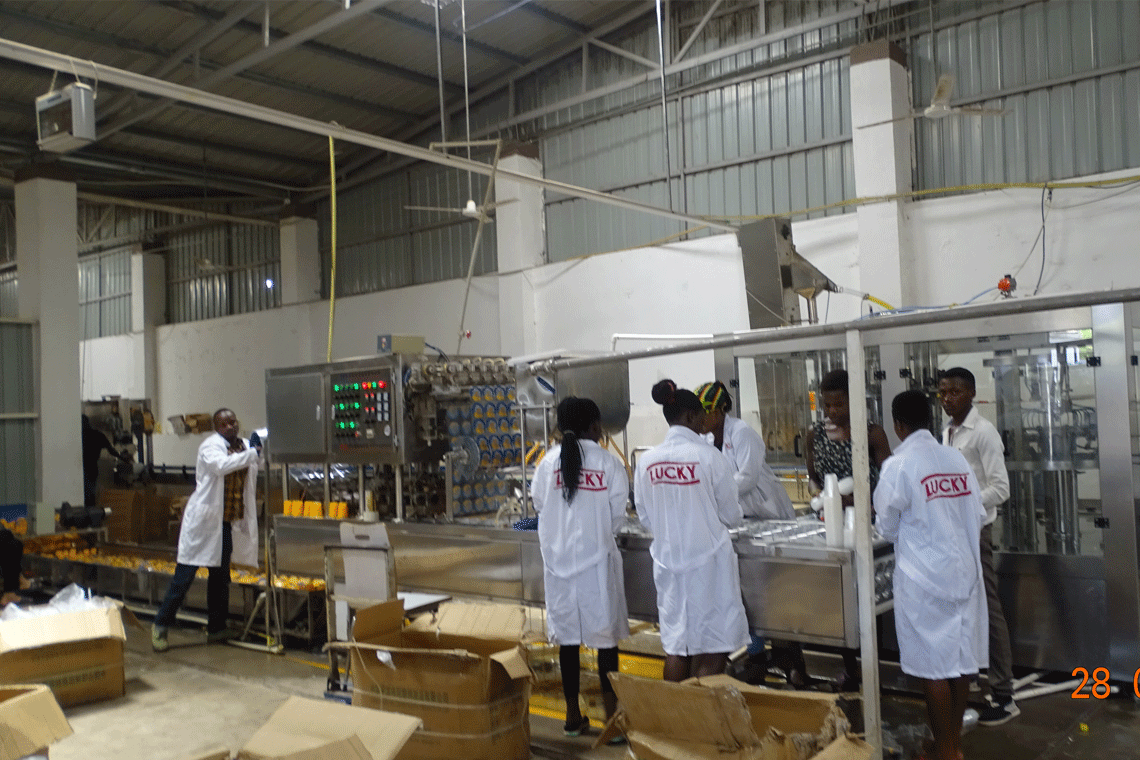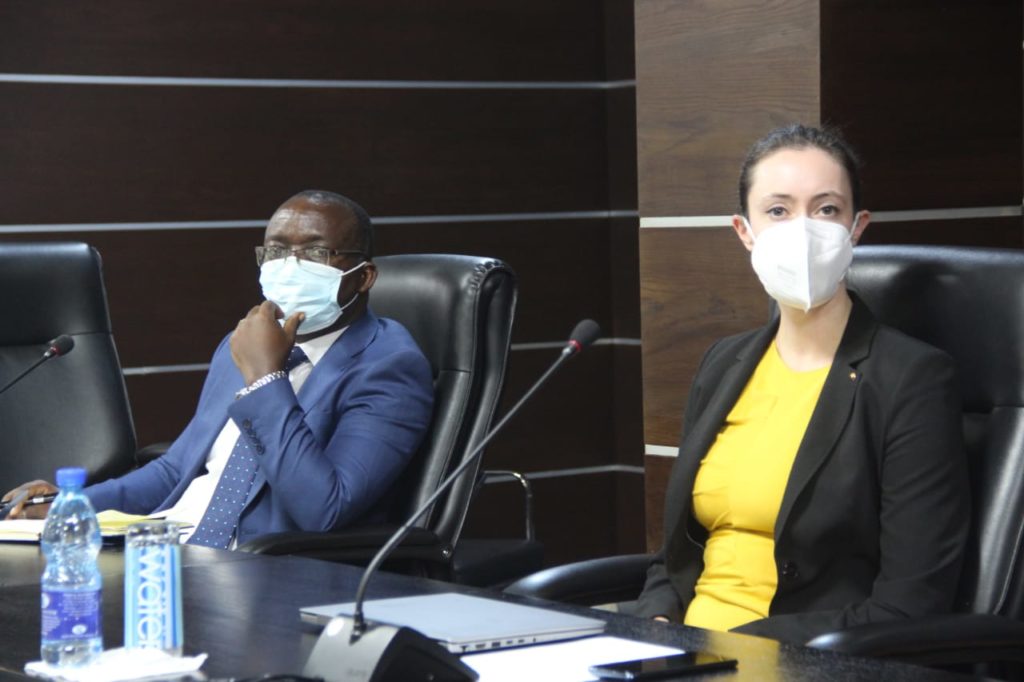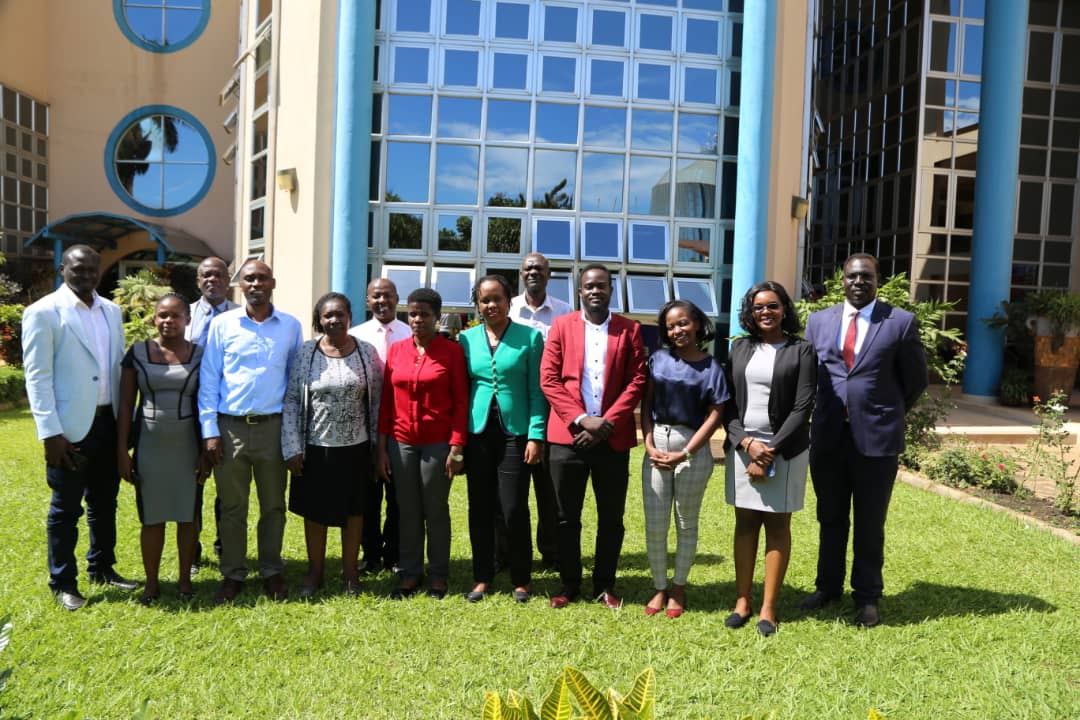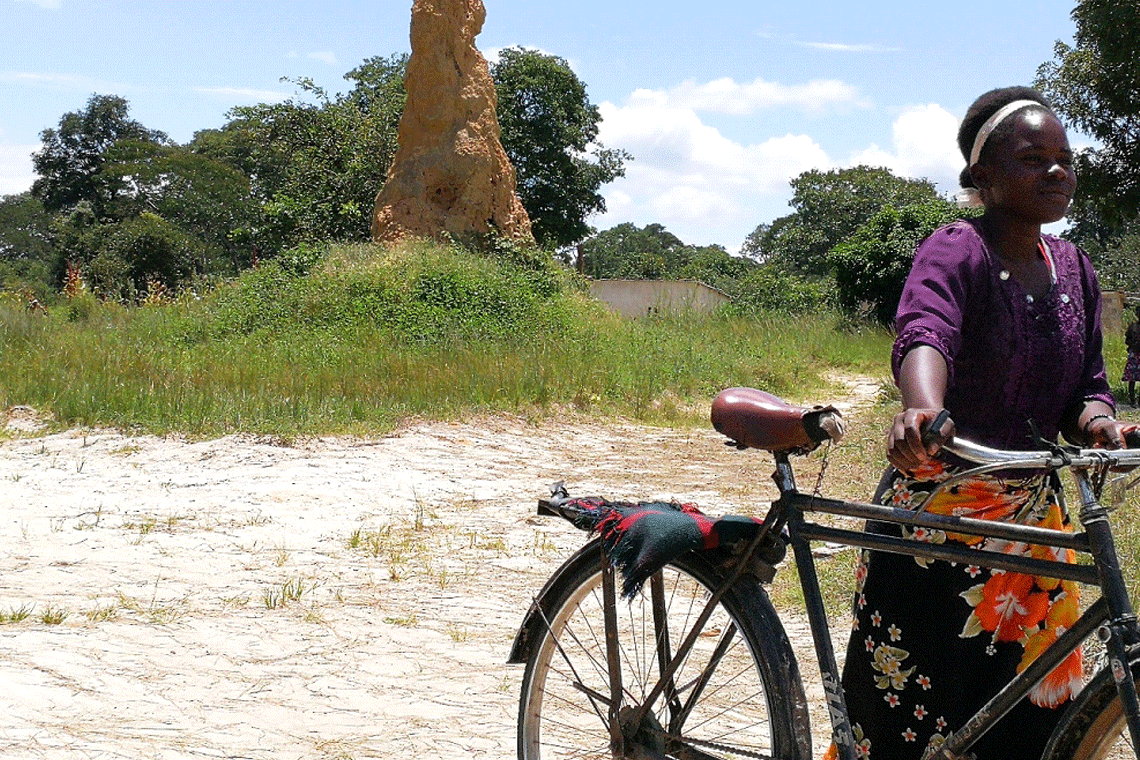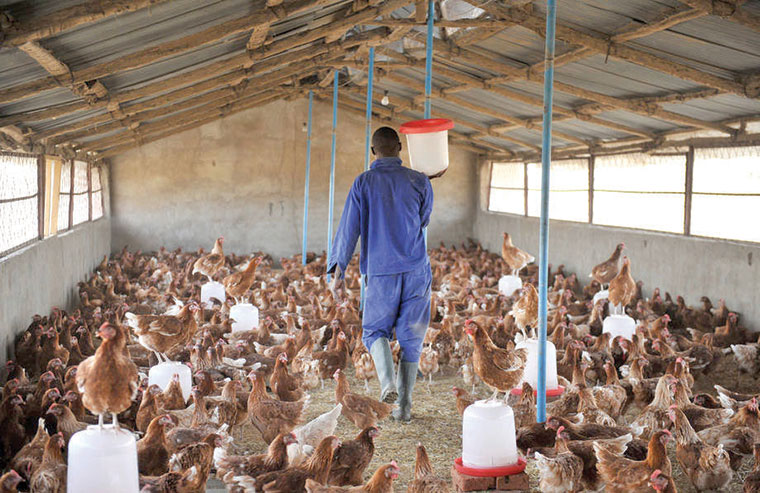The 2022 TPO (The Pecking Order) Report reveals that the outcome so far is both encouraging and disappointing. The Report launched in Kampala by Dr. Victor Yamo, the Humane and Sustainable Agriculture Campaign Manager at World Animal Protection Africa Office, also a Veterinary Surgeon, harbors.
Dr. Victor said that the Food Systems, especially for most of the fast-food restaurants on their progress towards the Better Chicken Commitment (BCC), ranks both the African and European companies, low on polices. The report also reveals that chicken meat is by far the most moving bird on the planet, let alone on the plate.
Given its short, miserable life, arguably, the chicken meat also represents the biggest terrestrial animal welfare issue in history. World Animal Protection (WAP) challenges policy makers globally to work for a world where respect for animals, and nature sits at the heart of our food system, which is equitable, sustainable, resilient and capable of feeding the world.
The 2022 report also reveals that every year, billions of chickens are subjected to unnecessary suffering at the hands of fast-food companies who refuse to take the welfare of the chickens in their meat supply chain seriously. These inquisitive and social animals often live their entire lives in chronic pain, suffering from lameness, skin lesions and even heart failure caused by selective breeding, which leads to an unnaturally fast growth rate.
This is due to animals being crammed on factory farm floors with little to no environmental enrichment, and prevented from exhibiting their natural behaviors such as foraging, dustbathing, and perching. Launched in 2019, the TPO gathers data and ranks fast-food restaurants on their chicken welfare policies, taking into account their commitments to make improvements and their reporting on implementing Chicken welfare commitments.
Since 2019, even where companies have committed, they are either not reporting on it or implementing it in their supply chain is slow. Shockingly, big brands continue to ignore urgent consumer demands and animal welfare science, subjecting billions of chickens to unimaginable suffering. Companies’ inaction is not only an animal welfare issue, but human health is also being jeopardized due to antibiotic overuse in farming, fueling a deadly superbug crisis.

Raising welfare standards will reduce the need for routine antibiotics used to prevent disease amongst animals kept in appalling conditions, thereby helping to lower the risk of antibiotic resistance in humans. There is no justification for profiting from the pain of billions of sentient animals. While we welcome the progress of some, others must be held accountable for their shameful lack of consideration of animal welfare.
TPO 2022 Africa
For Africa, the general trend of better scores in the Commitments and Targets Pillar versus the Performance Reporting Pillar suggests that where companies might have BCC aligned policy commitments in place there is still little to no evidence of implementation of those commitments, a potentially concerning trend given the proximity of the BCC deadline, which is 2024.
The research found 56% of companies have published a broiler chicken welfare policy or similar commitment on the first question in the Commitments & Targets Pillar which assesses whether a company has any form of broiler welfare policy. The most common specific commitment was that 38% of companies have published a commitment to avoid the use of cages/multi-tier systems.
The next most published commitment was for third-party auditing (28%) followed by use of humane slaughter (25%) and provision of effective enrichment (23%). The remaining commitments on the use of slower growing breeds and maximum stocking densities were only found in 22% of assessments. As seen earlier, disclosure in the Performance Reporting Pillar is very poor.
Low levels of reporting are shown on the other commitments, with provision of effective enrichment at 9% and the other commitments related to third party auditing, the use of slower growing breeds, maximum stocking densities and use of humane slaughter being the least reported commitments at 8%.
Kenchic, a leading company in Kenya in broiler chicken welfare posted an overall percentage of 42%, In Commitments & Targets. They managed an 83% score placing them in Tier 2 (Good Progress) however just like most of the global food companies they are yet to start reporting on their commitments. They are followed by Carrefour with a 17% overall score constituted with a 33% score in Pillar 1 (Commitments and Targets).
Most of the East Africa local companies assessed were performing poor / very poorly in their approaches to broiler chicken welfare in their supply chains and they lacked any animal welfare policy and/or commitments. For the global fast-food brands despite their franchises in other geographical regions having Animal welfare policies and having made commitments to improve broiler chicken welfare the same did not apply to their franchises in East Africa.
This highlights the double standards of the brands globally. It’s highly recommended that the local food companies should endeavor to work with World Animal Protection, Africa office to develop the requisite Farm Animal Welfare policies that are aligned to the Farm Animal Responsible Minimum Standards (FARMS) and make their commitments to improving farm animal welfare throughout their supply chain.
For the global fast-food companies, they should liaise with their headquarters and/or franchises in other geographical locations which have developed the farm animal welfare policies aligned to FARMS and made commitments to improve on farm animal welfare within their supply chain to help them develop the same to eliminate the double standards within their supply chain.
The animal resource industry in collaboration with the government (Directorate of Vet Services, Directorate of Livestock Production, Bureau of Standards among others should review the Food animals’ welfare-code of practice.
Author Profile

- Mr. Daniels N. Tatya is an affluent Sports Writer, Commentator and Editor. His over 15 years of covering almost major sporting events makes him a revered and an authority on investigative Sports journalism in Uganda. He can also be reached via [email protected] +256(0)758268315
Latest entries
 FeaturedMarch 29, 2024Peace Guys – Peace…! Kabaka Ronald Muwenda Mutebi Rises to Calm Down His Warring Subjects Mpuuga and Ssentamu But A Little Too Late He Was
FeaturedMarch 29, 2024Peace Guys – Peace…! Kabaka Ronald Muwenda Mutebi Rises to Calm Down His Warring Subjects Mpuuga and Ssentamu But A Little Too Late He Was BusinessMarch 15, 2024RUKUSA Family Tales: A Heart-To-Heart SACCO Whose Focus and Mission is Helping Members to Harness and Fulfill Their Far-Reaching Dreams
BusinessMarch 15, 2024RUKUSA Family Tales: A Heart-To-Heart SACCO Whose Focus and Mission is Helping Members to Harness and Fulfill Their Far-Reaching Dreams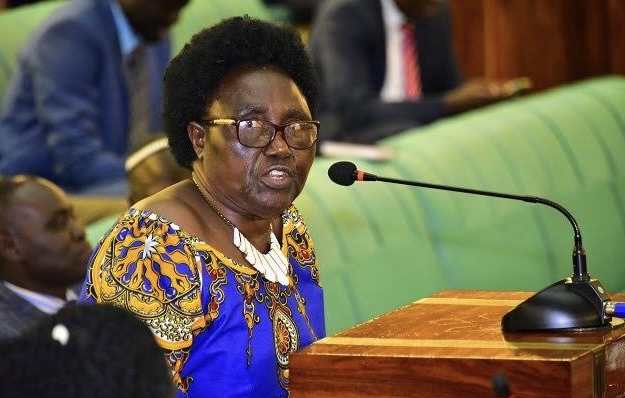 FeaturedJanuary 22, 2024Cecilia Barbara Atim Ogwal: The Beauty Queen, Banker, Wife, Mother, Businesswoman, Consultant, Legislator, Advocate and a Politician That Logged Out at 77 Amid G-77
FeaturedJanuary 22, 2024Cecilia Barbara Atim Ogwal: The Beauty Queen, Banker, Wife, Mother, Businesswoman, Consultant, Legislator, Advocate and a Politician That Logged Out at 77 Amid G-77 EntertainmentDecember 23, 2023All Smiles for and Of Joy: The Groundless Beauty is in Realizing that Sometimes Real Superheroes Live in the Hearts of Small Children Fighting Big Battles
EntertainmentDecember 23, 2023All Smiles for and Of Joy: The Groundless Beauty is in Realizing that Sometimes Real Superheroes Live in the Hearts of Small Children Fighting Big Battles










